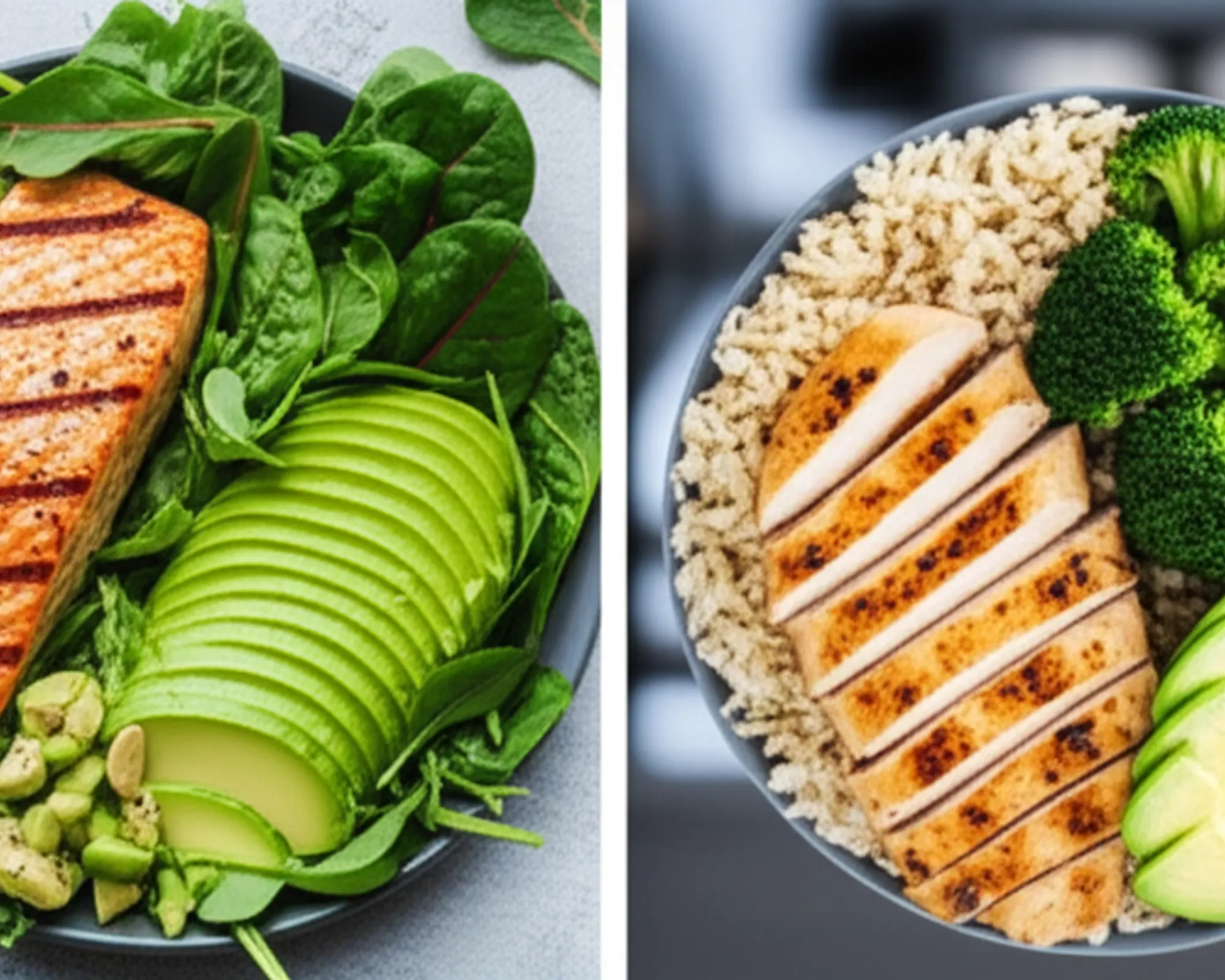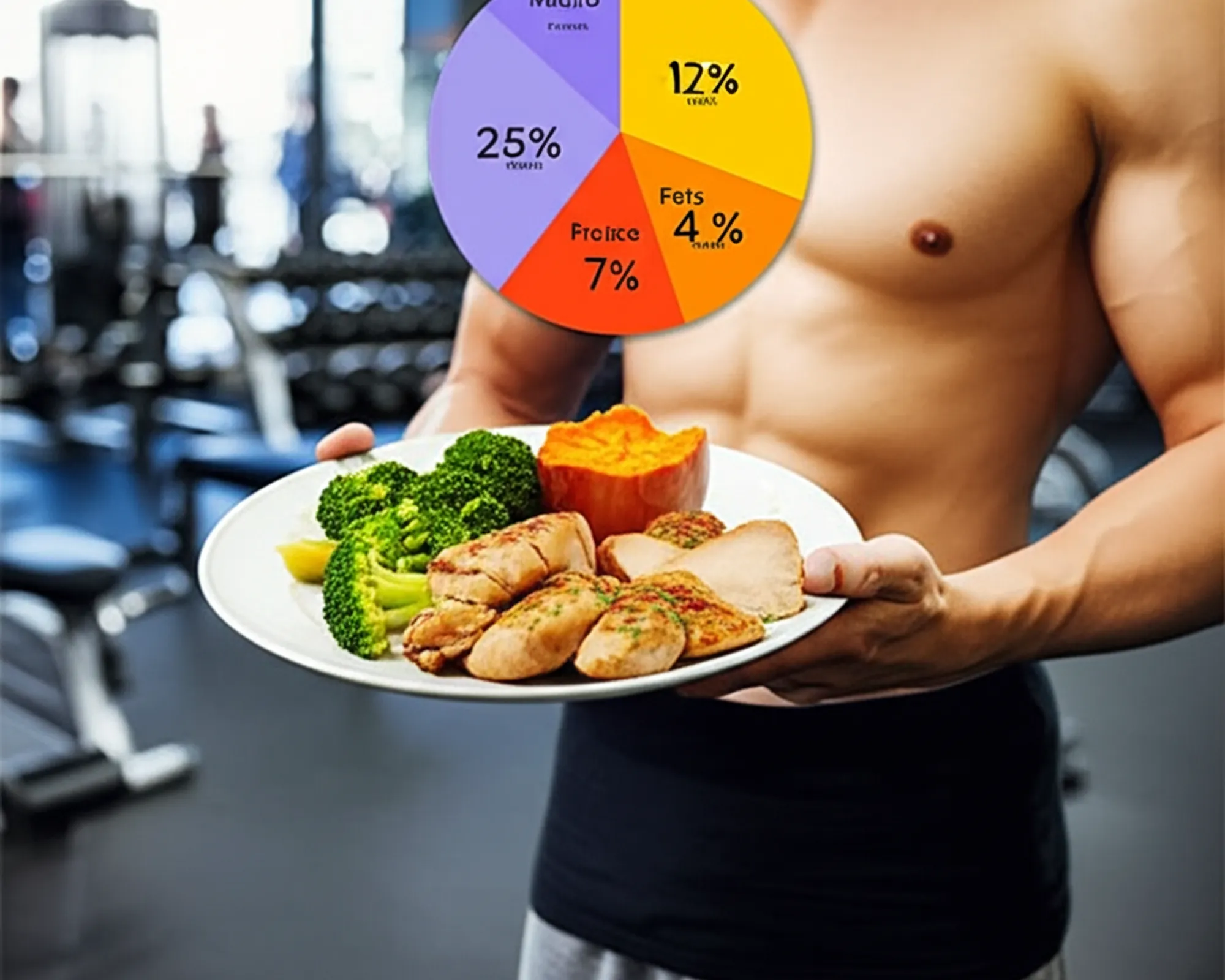Best Pre-Workout Meals for Energy and Strength

Stepping into the gym or starting a training session with the right fuel can make all the difference between a mediocre workout and an exceptional one. Your body is like a high-performance vehicle; it needs the correct type and amount of fuel to operate at its peak. Pre-workout nutrition isn't just about avoiding a mid-session energy crash; it's about optimizing your energy levels, enhancing strength, improving endurance, and kick-starting the recovery process even before you finish your last rep.
Why Pre-Workout Nutrition Matters
The food you consume before exercise provides your muscles with the necessary glycogen (stored carbohydrates) – your body's primary and most readily available energy source. Without adequate glycogen, your body will struggle to maintain intensity, leading to premature fatigue and a significant drop in performance. Furthermore, strategic pre-workout meals can help prevent muscle breakdown during intense training, support muscle protein synthesis, and even improve focus and mental clarity during your session. It's not just about what you eat, but also when you eat it, and the balance of macronutrients you consume.
The Essential Macronutrients for Pre-Workout Fuel
To maximize your workout potential, your pre-workout meal should ideally contain a strategic balance of carbohydrates, protein, and, to a lesser extent, fats. Each plays a distinct role in fueling your body:
- Carbohydrates: The Energy Powerhouse
Carbohydrates are converted into glucose, which is then stored as glycogen in your muscles and liver. This glycogen is your body's preferred fuel during high-intensity exercise. For sustained energy, opt for complex carbohydrates like oats, whole grains, sweet potatoes, and brown rice. These release glucose slowly into your bloodstream, providing a steady energy supply. Simple carbohydrates, such as fruits, can be beneficial closer to your workout for a quicker energy boost. - Protein: Muscle Protection and Repair
While carbohydrates provide the primary fuel, protein plays a crucial role in preventing muscle damage during exercise and initiating the recovery process. Consuming protein before a workout ensures that amino acids are available to your muscles, reducing muscle breakdown (catabolism) and supporting muscle protein synthesis. Good sources include lean meats, poultry, fish, eggs, Greek yogurt, and legumes. - Fats: Sustained, Slower Energy (in moderation)
Fats are an excellent source of sustained energy, but they digest much slower than carbohydrates and protein. While important for overall health, high-fat meals right before a workout can lead to digestive discomfort and may slow down the absorption of other vital nutrients. Therefore, it's best to keep fat intake relatively low in your immediate pre-workout meal, especially if consuming it less than an hour before training.
Timing is Everything: When to Eat Your Pre-Workout Meal
The timing of your pre-workout meal is almost as crucial as its content. Eating too close to your workout can cause digestive issues, while eating too far in advance can leave you feeling depleted. Here’s a general guideline:
- 2-3 Hours Before: A Balanced, Larger Meal
If you have a couple of hours before your workout, this is the ideal time for a more substantial, balanced meal containing complex carbohydrates, lean protein, and a small amount of healthy fats. This allows ample time for digestion and nutrient absorption, ensuring a steady release of energy throughout your session. - 30-60 Minutes Before: A Smaller, Easily Digestible Snack
If your workout is approaching quickly, opt for a smaller, easily digestible snack primarily consisting of simple carbohydrates and a touch of protein. This will provide a quick energy boost without weighing you down or causing stomach upset.
Best Pre-Workout Meal Ideas (2-3 Hours Before)
These options provide sustained energy and support muscle function:
- Oatmeal with Berries and Nuts: A classic choice. Oats provide complex carbs, berries offer simple sugars for quick energy and antioxidants, and a few nuts or seeds add healthy fats and protein.
- Grilled Chicken or Fish with Sweet Potato and Steamed Veggies: A lean protein source combined with complex carbohydrates and fiber from vegetables.
- Whole-Wheat Toast with Avocado and Egg: Healthy fats from avocado, complex carbs from toast, and high-quality protein from eggs.
- Quinoa Salad with Lean Protein (e.g., chickpeas or grilled tofu): Quinoa is a complete protein and a complex carb, perfect for sustained energy.
Best Pre-Workout Snack Ideas (30-60 Minutes Before)
These are quick, easy to digest, and provide immediate energy:
- Banana: Nature’s energy bar, rich in simple carbohydrates and potassium.
- Rice Cakes with a Thin Layer of Nut Butter: Quick carbs from rice cakes, with a minimal amount of fat and protein from nut butter.
- Fruit Smoothie: Blend fruit (like banana or berries) with a scoop of protein powder or Greek yogurt for quick carbs and protein.
- Greek Yogurt with a Small Handful of Berries: High in protein and contains easily digestible carbohydrates.
What to Avoid Before a Workout
Just as important as what to eat is what to avoid:
- High-Fat Foods: Can cause digestive upset and slow down digestion.
- Excessive Fiber: While generally healthy, too much fiber right before a workout can lead to bloating and gas.
- Spicy Foods: May cause heartburn or indigestion.
- Sugary Drinks/Processed Snacks: Lead to a rapid energy spike followed by a crash.
Don't Forget Hydration!
Beyond food, adequate hydration is paramount. Dehydration can severely impair performance, leading to fatigue, reduced strength, and impaired cognitive function. Drink plenty of water throughout the day, and ensure you're well-hydrated before your workout.
Personalization and Experimentation
Remember that everyone's body is different. What works perfectly for one person might not be ideal for another. Pay attention to how different foods affect your energy levels and digestion during your workouts. Experiment with various options and timing to find the optimal pre-workout nutrition strategy that best suits your individual needs and training goals.
By thoughtfully planning your pre-workout meals, you’re not just fueling your body; you’re unlocking your full potential in every training session, ensuring you have the energy and strength to push harder, recover faster, and achieve your fitness aspirations.


